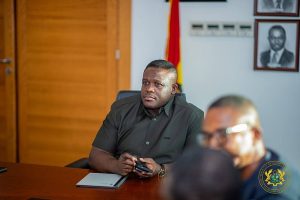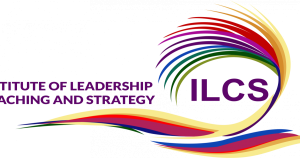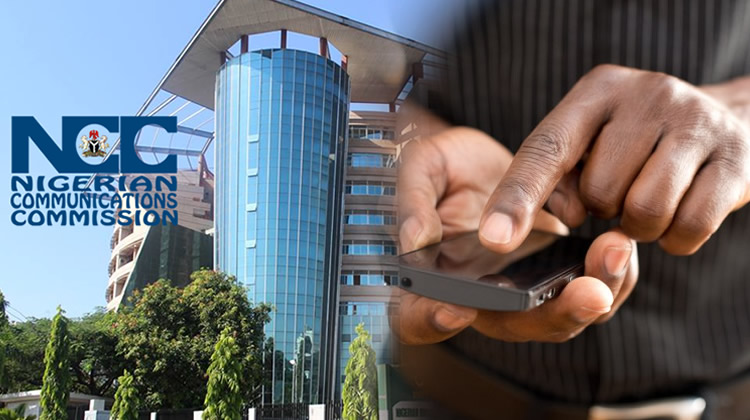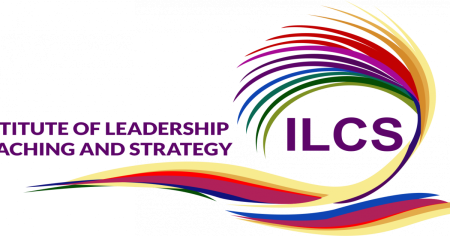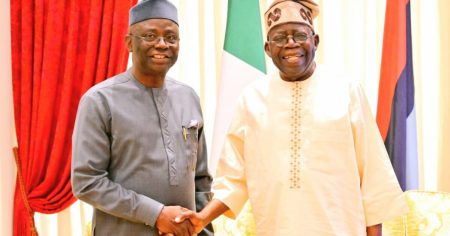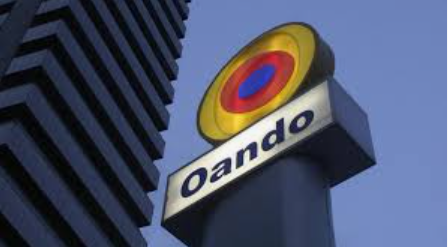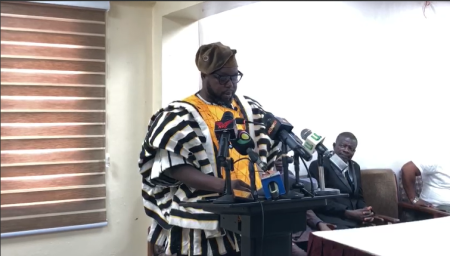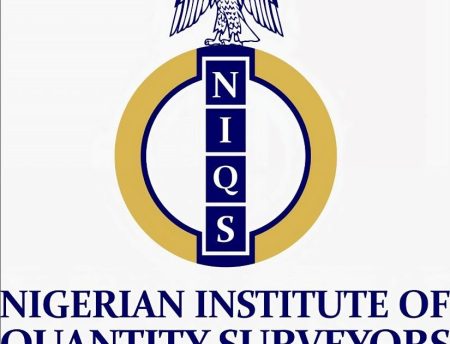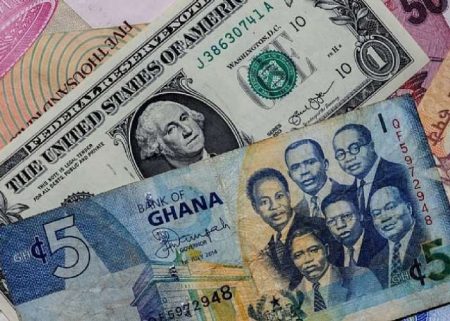The Nigerian telecommunications landscape is undergoing a significant shift in how Unstructured Supplementary Service Data (USSD) transactions are charged. The Nigerian Communications Commission (NCC) has issued a directive mandating Deposit Money Banks (DMBs) to cease deducting USSD charges from customers’ bank accounts and instead deduct them directly from users’ mobile airtime. This directive signifies a fundamental change in the billing model for USSD services and aims to address the long-standing dispute over accumulated USSD debts between Mobile Network Operators (MNOs) and commercial banks. This new policy will directly impact how millions of Nigerians access and utilize banking services via USSD, a widely popular platform, especially for those in areas with limited internet access.
The transition to the new billing system, effective June 3, 2025, as communicated by banks such as United Bank for Africa (UBA) to its customers, marks a significant milestone in the regulatory efforts to resolve the financial impasse between MNOs and DMBs. Under the new “End-User Billing” model, users will be charged ₦6.98 per 120-second USSD session, directly deducted from their mobile airtime balance. This model places the responsibility of charging for USSD services directly on the MNOs. A crucial element of this new approach is the introduction of a consent prompt at the beginning of each USSD session, ensuring users are aware of the charges and explicitly agree before proceeding with the transaction. This transparency is aimed at empowering users with greater control over their spending on USSD services. Banks have also emphasized alternative banking channels, including online and mobile banking platforms, as viable options for customers who might prefer to avoid the per-session charges associated with the new USSD billing model.
The NCC’s directive represents a decisive step in resolving the persistent USSD debt issue, a protracted conflict that has plagued the Nigerian telecommunications industry. The accumulated debt, estimated at a staggering ₦250 billion (approximately $320 million USD) as of December 2024, has been a major source of contention between MNOs and DMBs. The dispute stemmed from disagreements over the responsibility for bearing the cost of USSD transactions. MNOs argued that banks should be responsible for these costs, as they are the primary beneficiaries of the USSD platform for delivering banking services. Conversely, banks maintained that the costs should be borne by the consumers or shared with the MNOs. This protracted disagreement led to repeated threats by telcos to withdraw USSD services, a move that would have significantly disrupted financial transactions for millions of Nigerians.
The NCC’s intervention and subsequent directives reflect the regulatory body’s determination to address this critical issue and ensure the continued availability of USSD services. The regulator’s proactive measures, including threats to suspend USSD services for defaulting banks and the publication of a list of indebted institutions, demonstrate a commitment to holding stakeholders accountable and resolving the debt crisis. The NCC’s January 15th directive, ordering the disconnection of USSD codes assigned to nine banks by January 27th, further underscores the regulator’s resolve. Subsequent payments, such as the ₦32 billion received by MTN Nigeria from banks, indicate some progress in recovering the outstanding debt, though a significant portion remains unpaid.
The NCC’s decision to implement the end-user billing model is a pragmatic approach aimed at ensuring the sustainability of USSD services while addressing the financial concerns of both MNOs and DMBs. By directly charging users for each USSD session, the model provides a clear and transparent mechanism for cost recovery for MNOs. Simultaneously, it relieves banks of the direct burden of paying the accumulated debt. This approach also aligns with the principle of user-pays, where those who directly benefit from a service bear the cost. This shift is expected to stabilize the USSD ecosystem and ensure the long-term viability of this essential service for millions of Nigerians.
The new USSD billing policy is a culmination of prolonged negotiations and regulatory interventions. It represents a significant restructuring of the financial arrangements within the Nigerian telecommunications sector and aims to establish a more sustainable and equitable framework for USSD services. The shift towards direct billing of users, while potentially leading to increased costs for consumers, offers a clear path towards resolving the long-standing debt issue and ensuring the uninterrupted provision of this vital service. The long-term success of this policy will depend on effective implementation, continuous monitoring, and ongoing engagement between the NCC, MNOs, DMBs, and consumers. The focus now shifts to ensuring seamless implementation, user education, and monitoring the impact on access to financial services, especially for vulnerable populations.


